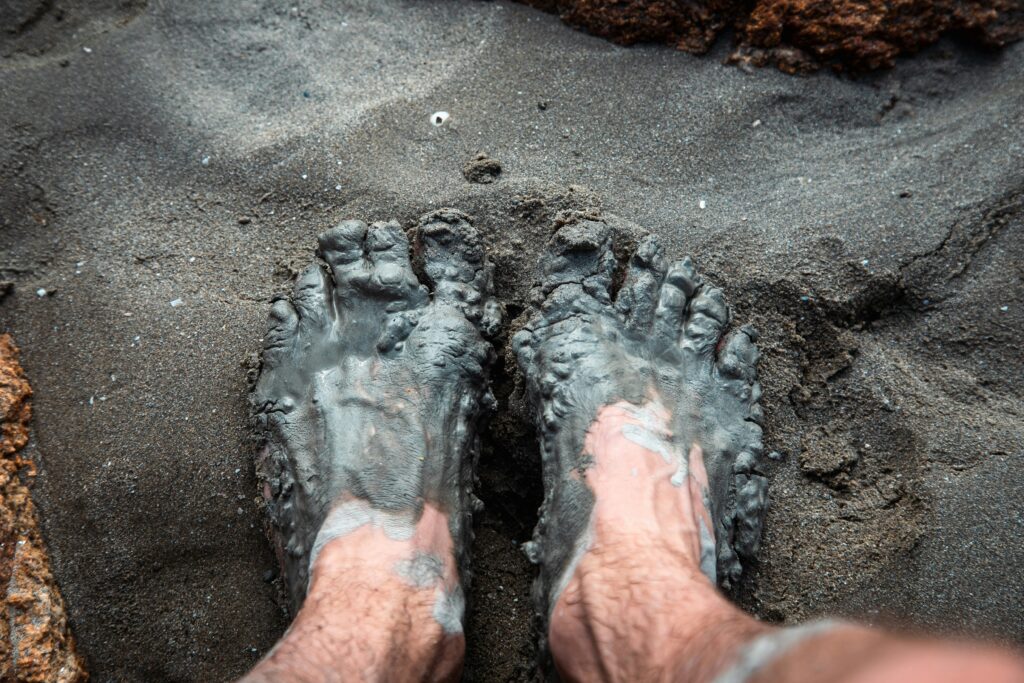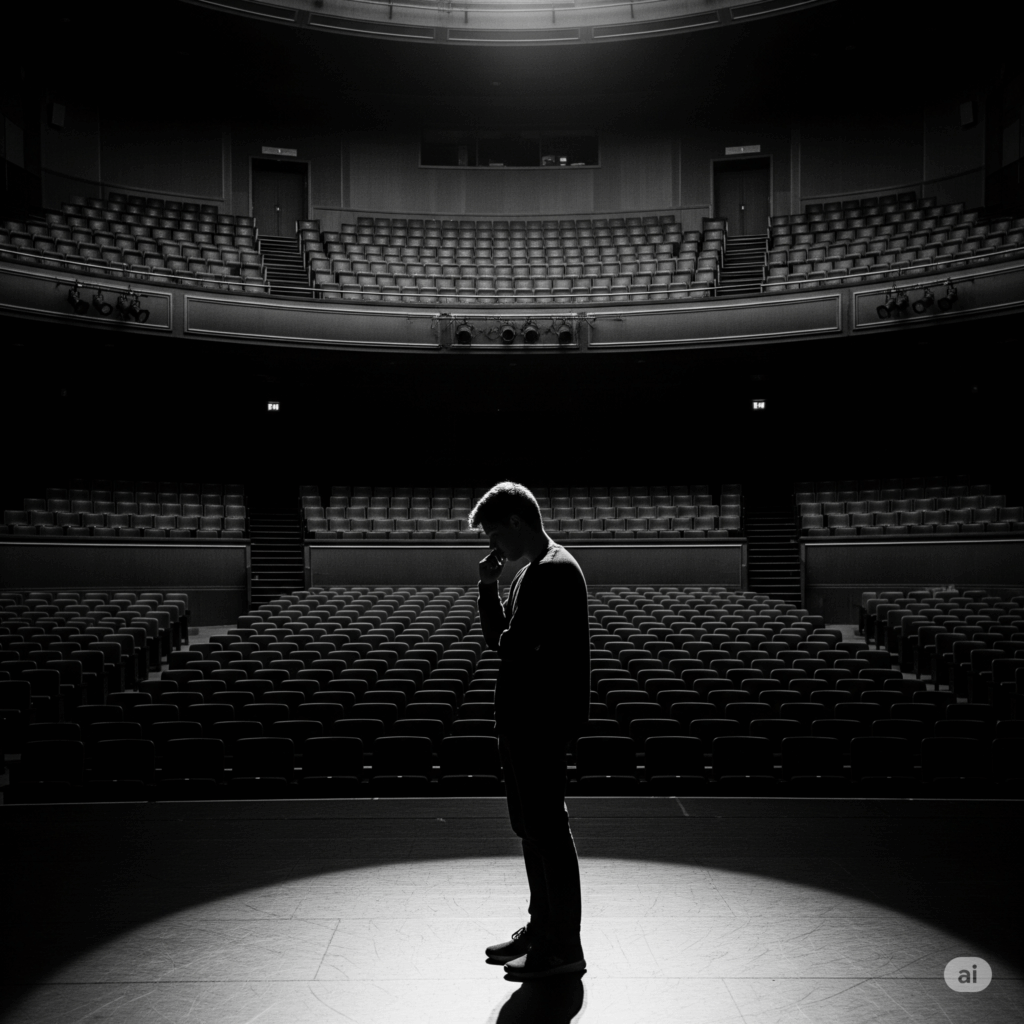
Welcome back to the exploration of Ong’s characteristics of an Oral Culture. Today, We’re going to tackle…
Empathetic and Participatory Rather than Objectively Distanced
“For an oral culture learning or knowing mean achieving close, empathetic, communal identification with the known… Writing separates the knower from the known.”
Meaning that literacy can give distance and objectivity to a topic, to a perspective, to a way of life.
Reading a book ,the thoughts of someone else meld with our own. We get to wear their skin for a moment in our silence.
Writing, is an externalization of thought. Seeing our words on paper or screen vents them from our interior creating a reflective mirror; a recording – it’s us, but not. Through it, we have the opportunity to be critical of ourselves, like a mirror that lets me be critical of some of my t-shirt choices.
And as we delve into our oral nature… we remove these moments of distance.
We entrench ourselves into thoughts and opinions. We build up walls and listen only to the songs we know, read only the things we already read.
Does it feel like the world is being objective?
I can tell you it doesn’t for me. If feels, to me, that people are hunkering into their camps and doubling down.
We blame social media. That it has given us our rose coloured glasses. It force feeds us biased media & ads base on demographics, personas, geolocation and algorithms. It does so to the point where we don’t see anything outside of our little bubble.
But… perhaps…
Perhaps even if it did, would we choose to see/hear it? Aliterate means we can read ( a little ) and choose not to. We could learn about someone else yet, like reading, choose not to.
Perhaps we are all losing our objectivity to even care?
Debate requires objectivity. Debate requires some sense of distance from a topic to allow ourselves to be open.
Instead, as Ong points out, as an oral culture we start to identify with the known. We become the perspective and anything else, becomes more and more foreign to us.
The Actor
Is the actor ( or performer ), the only one who has the capacity and the tools in an oral or aliterate culture to truly step in and out of someone else’s perspective? They have, or are working on the ability to empathize and identify with someone foreign. They walk, talk and even breath like someone else for a moment. The goods ones, in my opinion, push themselves further and further from themselves.
Is that part of our collective fascination and admiration of them?
I’m going to have to go off and ponder that like this for a few moments…
